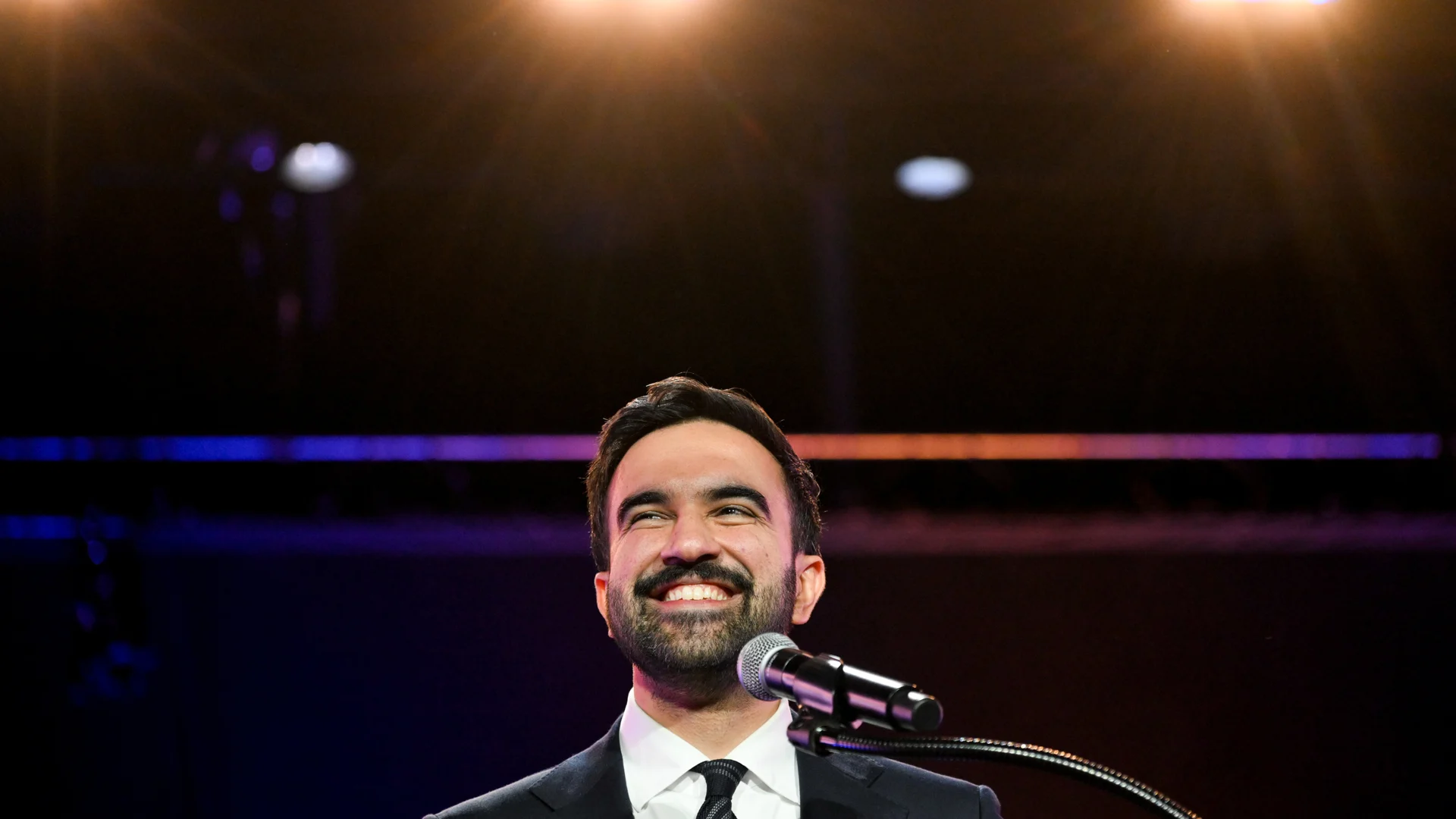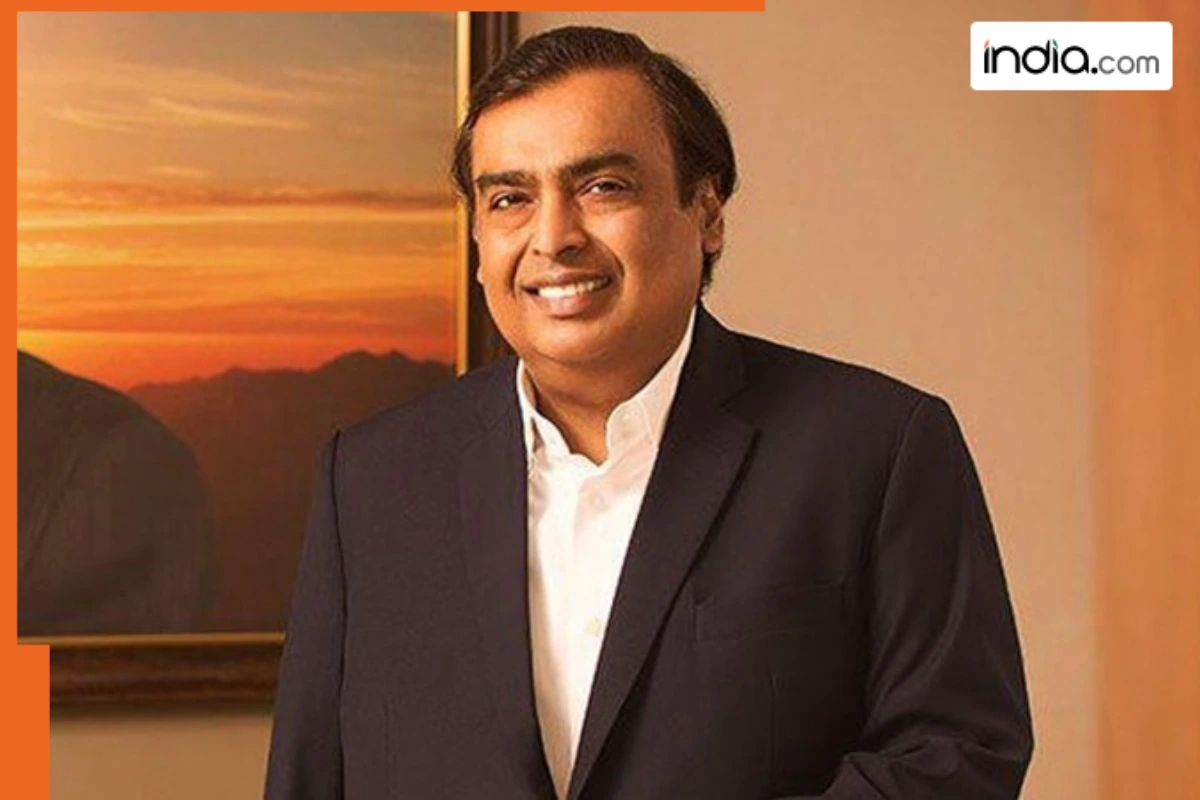Copyright Inc. Magazine

New York assemblyman Zohran Mamdani seamlessly clinched the win Tuesday evening in New York City’s mayoral election in what has become the latest David and Goliath political tale. Mamdani defeated his opponents, former New York Gov. Andrew Cuomo, who ran as an independent, and Curtis Sliwa, who ran as the Republican nominee, with Mamdani grabbing more than 50 percent of votes. Mamdani, 34, largely mobilized young voters who turned out in hoards and were excited by a fresh, progressive face to enter politics. Mamdani defeated Cuomo back in July in the Democratic primary as well, with 56.4 percent of the vote, while Cuomo nabbed 43.6 percent. Tackling affordability was a staple of Mamdani’s campaign and likely helped deliver his win in America’s most expensive city, one that continues to grapple with rising costs. Among other things, he’s promised to freeze the rent for rent-stabilized tenants, roll out a free childcare program, raise the minimum wage to $30 by 2030, and even resurrect the $1 slice. For small businesses specifically, Mamdani wants to slash small business fines, inject $25 million in an underutilized small business financing program, and appoint a dedicated “Mom & Pops Czar.” But Mamdani’s tax policy has drawn fire from political opponents. He seeks to raise the corporate tax rate from 8.85 percent to 11.5 (matching New Jersey’s rate), and impose a two percent flat tax on high-earners, defined as those making $1 million or more each year. Critics warn that if these are enacted, the city could see an exodus of the wealthy. Featured Video An Inc.com Featured Presentation Now begins the next step: Getting to work and delivering on the campaign promises he made. So are business owners ready? Inc. spoke with four entrepreneurs to see what they’re monitoring closely. Affordable housing As New York City contends with a housing shortage and steep rent increases, local business owners like Josue Pierre, co-founder of Rogers Burgers in New York City, is hopeful that Mamdani will deliver on his promise of constructing 200,000 affordable housing units within the next 10 years. “It’s great for the city as a whole because if our customer base can no longer afford to live in the city, then we will not be able to stay open,” Pierre says. “So seeing a Mamdani win is great for the average New Yorker, but it’s great for small businesses like mine.” Companies aren’t going to flock immediately Nelson Chu, the founder of the private credit platform Percent, anticipates that Mamdani will take a tougher posture on some sectors, like finance and real estate, but companies aren’t going to pack up and relocate overnight. “Finance folks may brace for more scrutiny in the short term; upside could be momentum on housing, transit, and small-biz support that broadens who can start and scale here,” Chu says. At the end of the day, Chu says that most founders simply want faster rules, quicker permits, and streets that are safe and hygienic. He adds: “The real test is which proposals actually get implemented versus which stall out; that’s when you’ll see hiring, investment, and office decisions move.” Access to capital Chat Joglekar, the CEO and co-founder of the small business acquisition marketplace Baton, predicts that Mamdani will likely tighten financial and real estate regulations, but could also expand certain capital opportunities for businesses. While it does not appear that Mamdani has outlined specific capital access goals, he does want to invest $25 million in New York City’s Business Express Service Teams. The program connects business owners with city workers tasked with helping businesses apply for permits and abide by local regulations. “We’d likely see renewed focus on equitable entrepreneurship and local reinvestment, which could broaden who gets to buy, build, and scale a business in New York,” Joglekar says. “The city’s next chapter will hinge on how well its leaders balance ambition with execution, turning promises into practical improvements that keep the country’s small business capital open for business.” The $30 minimum wage The general minimum wage in New York City sits at $16.50. Mamdani is proposing to effectively double it within four years. This concerns Aron Boxer, the CEO and founder of Diversified Education Services, a tutoring service. Boxer, who also partially owns the Tipsy Turtle, a sports bar nestled in Manhattan’s Turtle Bay, says the wage hike would be devastating. “In California, when they jacked up minimum wage, kiosks and automation replaced workers to offset rising costs (causing mass layoffs), but New York’s hospitality industry doesn’t have that luxury,” Boxer says.



